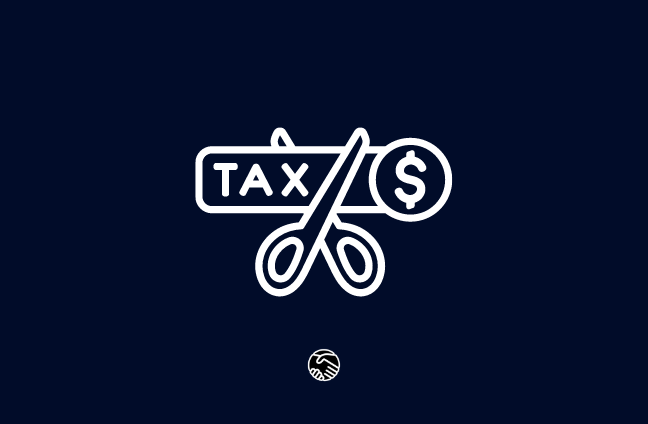Whether you are a student, employee, or someone starting an internship, knowing which deductions you are entitled to can significantly reduce your tax burden. Denmark offers a variety of tax deductions that help lower your taxable income, making it important to familiarize yourself with these rules early on.
A tax deduction reduces the portion of your income that is subject to tax, effectively lowering the amount of tax you need to pay. In Denmark, several factors determine your eligibility for deductions, such as your income, residency status, and specific expenses. By applying these deductions, you can ensure that you are only taxed on the income that remains after eligible costs are subtracted.
If you need guidance you can order WorkAdvice tax service here and give us permission to check your taxes.

There are several common tax deductions that newcomers should be aware of. Understanding these common deductions of tax can help you significantly lower the amount of tax you owe at the end of the year.
Education expenses: Students or those with student loans may be able to deduct certain education-related costs, including interest on student loans or fees for courses that improve professional qualifications.
Claiming tax deductions in Denmark is a straightforward process, but it requires that you maintain proper records and submit the correct documentation.
Here’s how you can claim deductions:
For more detailed information about taxes in Denmark, including how to maximize your deductions, you can visit our general tax information page.
Taking advantage of tax deductions in Denmark can save you money and reduce the amount of tax you owe. By understanding the most common deductions and ensuring that they are accurately reflected in your tax filings, you can ease your financial burden.
If you need assistance with tax deductions or have any questions about the Danish tax system, WorkAdvice is here to help guide you through the process.